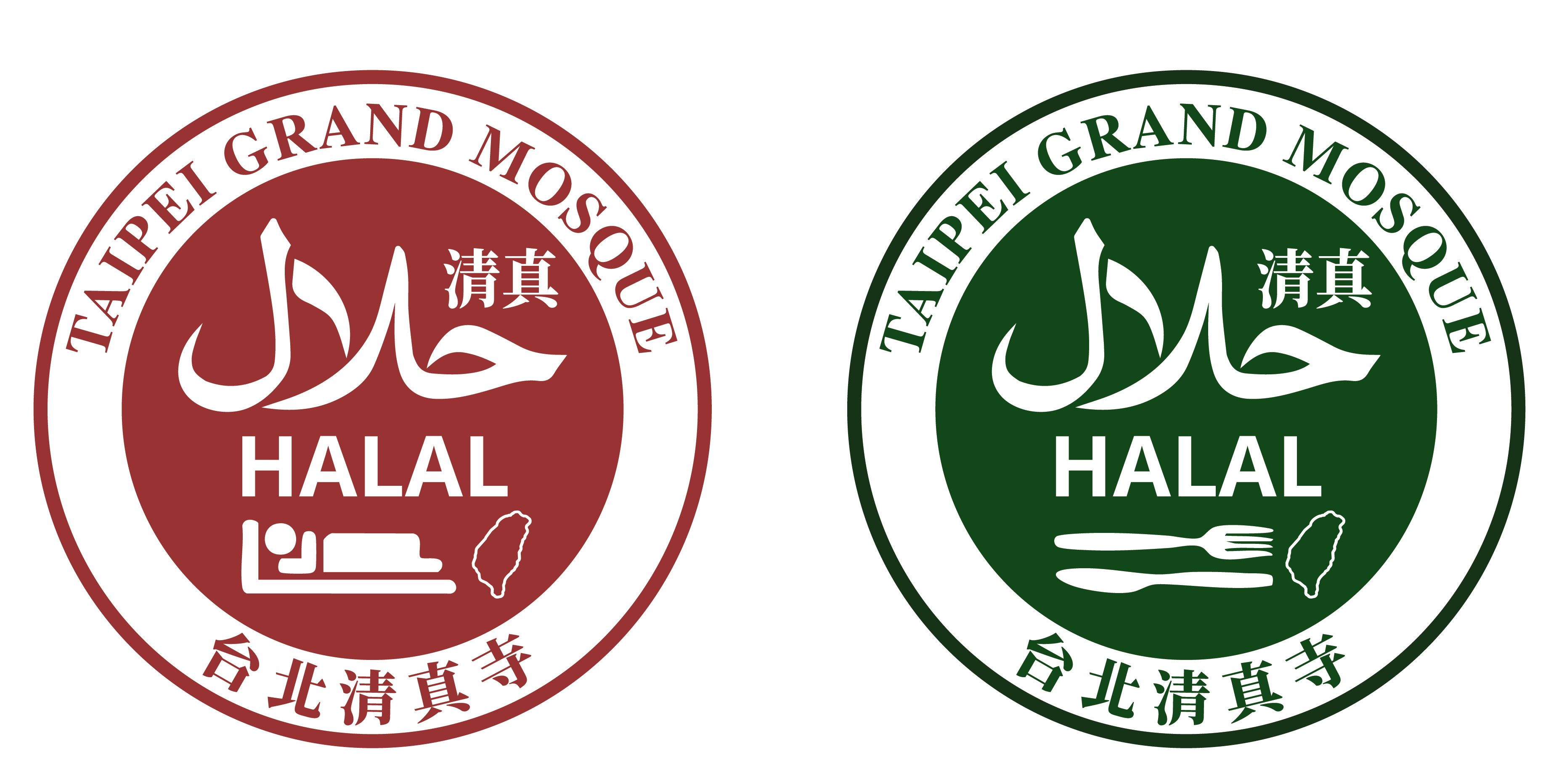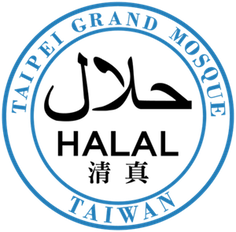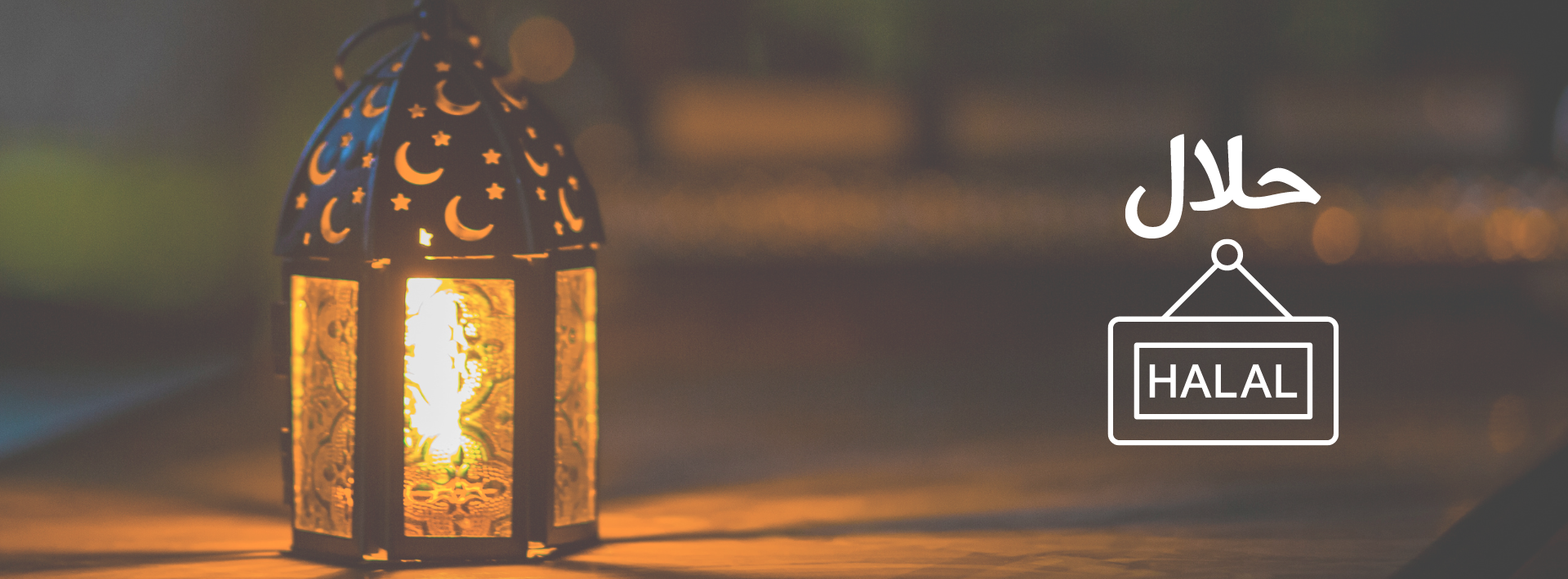01
HALAL CERTIFICATE
HALAL FOOD
Islam has clear rules about food, and food that meets the requirements of the Shariah is called Halal food. It is also known as "Halal" food in China because of the great attention paid to cleanliness and hygiene in the process of processing. Basically, the Halal label (certification) is approved by the local mosque before the Halal sign can be put up.
In the Qur'an, Allah SWT commands: "It is forbidden to eat dead animals, blood, pork, or animals slaughtered Not in the name of Allah," but it is lawful to eat animals and food from the sea. It is also forbidden to eat raptors, beasts of prey, or domestic animals that eat filth and some amphibians (such as frogs) or reptiles (such as turtles and turtle). Derivatives of these prohibited items are also prohibited, such as lard, soup, sausages, etc. In addition, the blood of animals, whether legally edible or illegal, is also prohibited, so chicken, duck, and pig blood are not allowed.
Additional Notes on Additives:
Cochineal (Scientific name: Dactylopius coccus) is an insect used as a natural red dye. It is actually made from the blood of the insect, which is rich in a crimson pigment. Since blood is prohibited for consumption in Islam, cochineal-derived colorant is not halal. This additive is commonly used in food, drinks, and cosmetics and is labeled as E120, Natural Red 4, or CI 75470.
Shellac (E904), used as a glazing or coating agent, is derived from insect secretions and may not be considered halal unless certified.
Gelatin (E441), also known as animal glue, is often derived from non-halal slaughtered animals and is therefore considered haram unless it is sourced from halal-certified animals.
In the Qur'an, Allah SWT commands: "It is forbidden to eat dead animals, blood, pork, or animals slaughtered Not in the name of Allah," but it is lawful to eat animals and food from the sea. It is also forbidden to eat raptors, beasts of prey, or domestic animals that eat filth and some amphibians (such as frogs) or reptiles (such as turtles and turtle). Derivatives of these prohibited items are also prohibited, such as lard, soup, sausages, etc. In addition, the blood of animals, whether legally edible or illegal, is also prohibited, so chicken, duck, and pig blood are not allowed.
Additional Notes on Additives:
Cochineal (Scientific name: Dactylopius coccus) is an insect used as a natural red dye. It is actually made from the blood of the insect, which is rich in a crimson pigment. Since blood is prohibited for consumption in Islam, cochineal-derived colorant is not halal. This additive is commonly used in food, drinks, and cosmetics and is labeled as E120, Natural Red 4, or CI 75470.
Shellac (E904), used as a glazing or coating agent, is derived from insect secretions and may not be considered halal unless certified.
Gelatin (E441), also known as animal glue, is often derived from non-halal slaughtered animals and is therefore considered haram unless it is sourced from halal-certified animals.
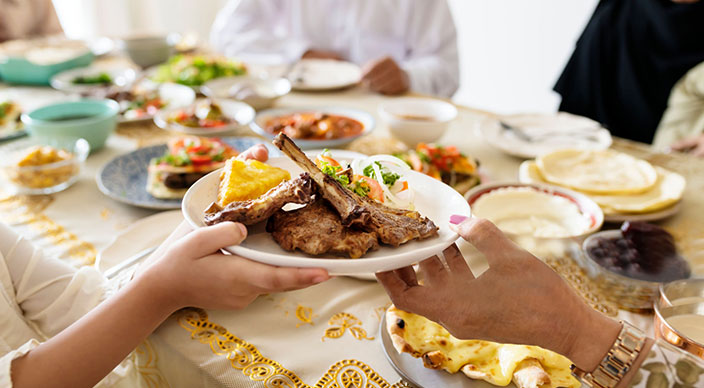
02
According to regulation
Poultry commonly consumed by Muslims includes chicken, duck, and goose, while livestock includes cattle, sheep, and camels. These animals must be slaughtered according to Islamic law (Shariah). The key requirements for lawful (halal) slaughter are as follows:
The animal being slaughtered must be healthy and alive at the time of slaughter.
The instrument used must be sharp enough to quickly sever the carotid arteries, trachea, and esophagus, allowing the blood to drain and causing instant death with minimal suffering.
The name of Allah must be pronounced at the time of slaughter.
Meat from animals such as cows, sheep, chickens, and ducks that are processed according to the above rules is considered halal (lawful). These products are typically labeled with the English word "HALAL", the Chinese term 「清真」, or the Arabic script indicating the same.
In contrast, meat sold in the general market that has not been slaughtered following Islamic procedure is considered haram (prohibited) and is forbidden for Muslims to eat.
Additionally, all forms of alcohol are strictly prohibited in Islam, as they cause intoxication, impair judgment, and can lead to immoral and sinful behavior.
Furthermore, any food offered during idol worship or rituals—even if it is vegetarian, such as fruits, pastries, or cakes—is also not permissible to consume.
The animal being slaughtered must be healthy and alive at the time of slaughter.
The instrument used must be sharp enough to quickly sever the carotid arteries, trachea, and esophagus, allowing the blood to drain and causing instant death with minimal suffering.
The name of Allah must be pronounced at the time of slaughter.
Meat from animals such as cows, sheep, chickens, and ducks that are processed according to the above rules is considered halal (lawful). These products are typically labeled with the English word "HALAL", the Chinese term 「清真」, or the Arabic script indicating the same.
In contrast, meat sold in the general market that has not been slaughtered following Islamic procedure is considered haram (prohibited) and is forbidden for Muslims to eat.
Additionally, all forms of alcohol are strictly prohibited in Islam, as they cause intoxication, impair judgment, and can lead to immoral and sinful behavior.
Furthermore, any food offered during idol worship or rituals—even if it is vegetarian, such as fruits, pastries, or cakes—is also not permissible to consume.
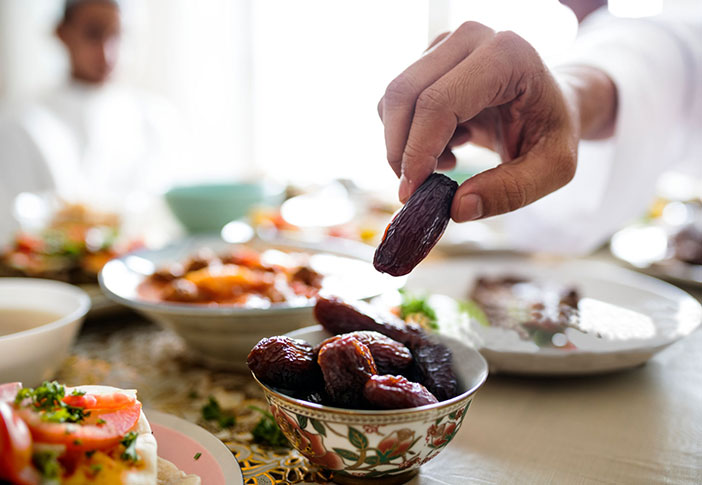
03
Summary
Halal Food Guidelines:
All meat ingredients, including those used for making broth or soup stock, must be halal-certified.
Most sea creatures are considered halal and permissible to consume.
All added ingredients must not contain any derivatives of prohibited (haram) substances, such as:
Intestine casing
Lard or animal fats (especially from non-halal animals)
Sausage, ham, bacon, cured meats, meat floss
Blood clots or extracts from chicken, duck, beef, or lamb
All seasonings and flavorings must be free from:
Alcohol
Non-halal animal fats
Narcotic substances or intoxicants
Kitchen utensils and cooking equipment must not be shared with non-halal food preparation. This includes:
Using separate deep fryers, steamers, knives, cutting boards, spatulas, and ladles
This prevents cross-contamination with non-compliant ingredients
Cochineal (Scientific name: Dactylopius coccus) is actually derived from the insect's blood and is prohibited due to the use of blood. It is widely used in food, drinks, and cosmetics as a natural red colorant.
The dye is labeled as:
E120
E120.360
Natural Red 4
CI 75470
→ Use of these is not permitted.
Shellac (E904) – used as a glazing or polishing agent – and
Gelatin (E441) – animal-derived, often from non-halal sources –
→ must not be used unless halal-certified.
All meat ingredients, including those used for making broth or soup stock, must be halal-certified.
Most sea creatures are considered halal and permissible to consume.
All added ingredients must not contain any derivatives of prohibited (haram) substances, such as:
Intestine casing
Lard or animal fats (especially from non-halal animals)
Sausage, ham, bacon, cured meats, meat floss
Blood clots or extracts from chicken, duck, beef, or lamb
All seasonings and flavorings must be free from:
Alcohol
Non-halal animal fats
Narcotic substances or intoxicants
Kitchen utensils and cooking equipment must not be shared with non-halal food preparation. This includes:
Using separate deep fryers, steamers, knives, cutting boards, spatulas, and ladles
This prevents cross-contamination with non-compliant ingredients
Cochineal (Scientific name: Dactylopius coccus) is actually derived from the insect's blood and is prohibited due to the use of blood. It is widely used in food, drinks, and cosmetics as a natural red colorant.
The dye is labeled as:
E120
E120.360
Natural Red 4
CI 75470
→ Use of these is not permitted.
Shellac (E904) – used as a glazing or polishing agent – and
Gelatin (E441) – animal-derived, often from non-halal sources –
→ must not be used unless halal-certified.
